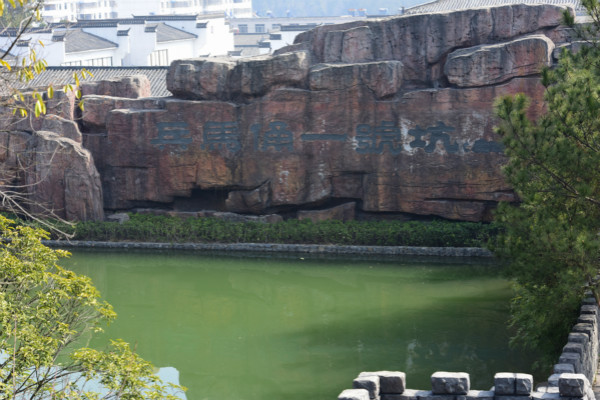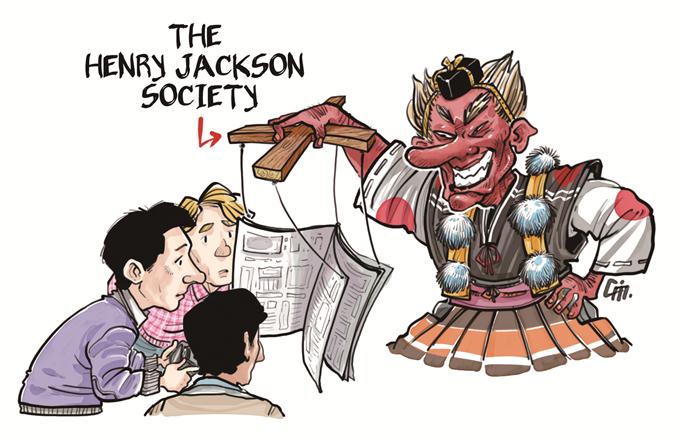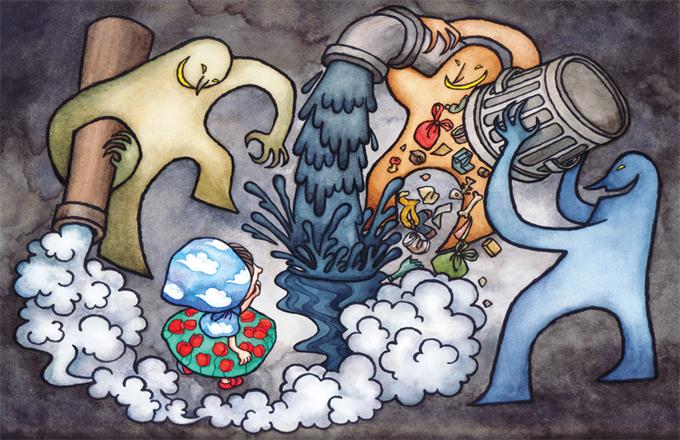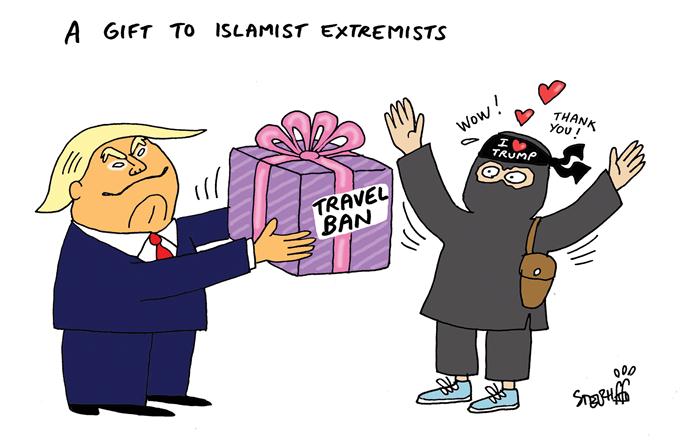Unlicensed copycat cultural relics violate law
 |
|
Photo of forged terracotta warriors' exhibition in Taihu county, East China's Anhui province.[Photo/VCG] |
Thousands of forged terracotta warriors?were on exhibition in Taihu county, East China's Anhui province, without the consent or authorization of officials overseeing the real ones. Beijing News commented on Saturday:
In a statement, the management of the mausoleum of the first emperor of the Qin Dynasty (221-206 BC) in Xi'an, Northwest China's Shaanxi province, which is the official site of the relics under the trademark Terra Cotta Warriors, denied any connection with the counterfeit statues, which it said constitute a "conspicuous violation" of its rights.
Yet the supervisor of the unauthorized exhibition in Taihu county argued that the forged statues are "exclusive creations", such as a sculpture of Qinshihuang, or the first Qin emperor, waving his hand atop the city wall and as such do not infringe any copyrights.
But such an argument does not hold water. Even with the addition of creative element the statues are unauthorized copies of the originals, and so the Taihu exhibition is displaying counterfeits.
What is even worse, the supervisor went further to "prove his point" saying tourists would be informed that the statues were replicas in a display of "sincerity".
Admitting plagiarism does not make any difference to the fact that fake cultural relics are illegal. Only by gaining the consent of the copyright owners is there a license for a cultural relic to be replicated.
Unfortunately, similar violations of intellectual property rights are not only common, but also often not taken seriously by local governments.
Local authorities should not only fulfill their duty to keep unauthorized copycats at bay, they should also put more effort into nipping such counterfeiting in the bud. In Taihu's case, the grand "cultural park" should not have been approved in the first place if the officials concerned were aware of what was going to be displayed.

























